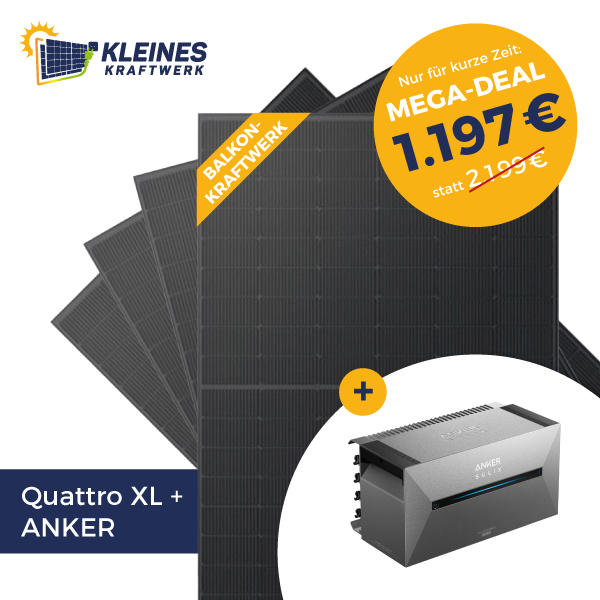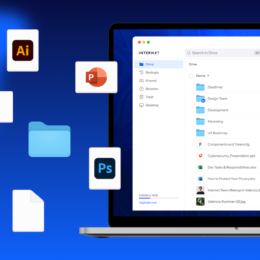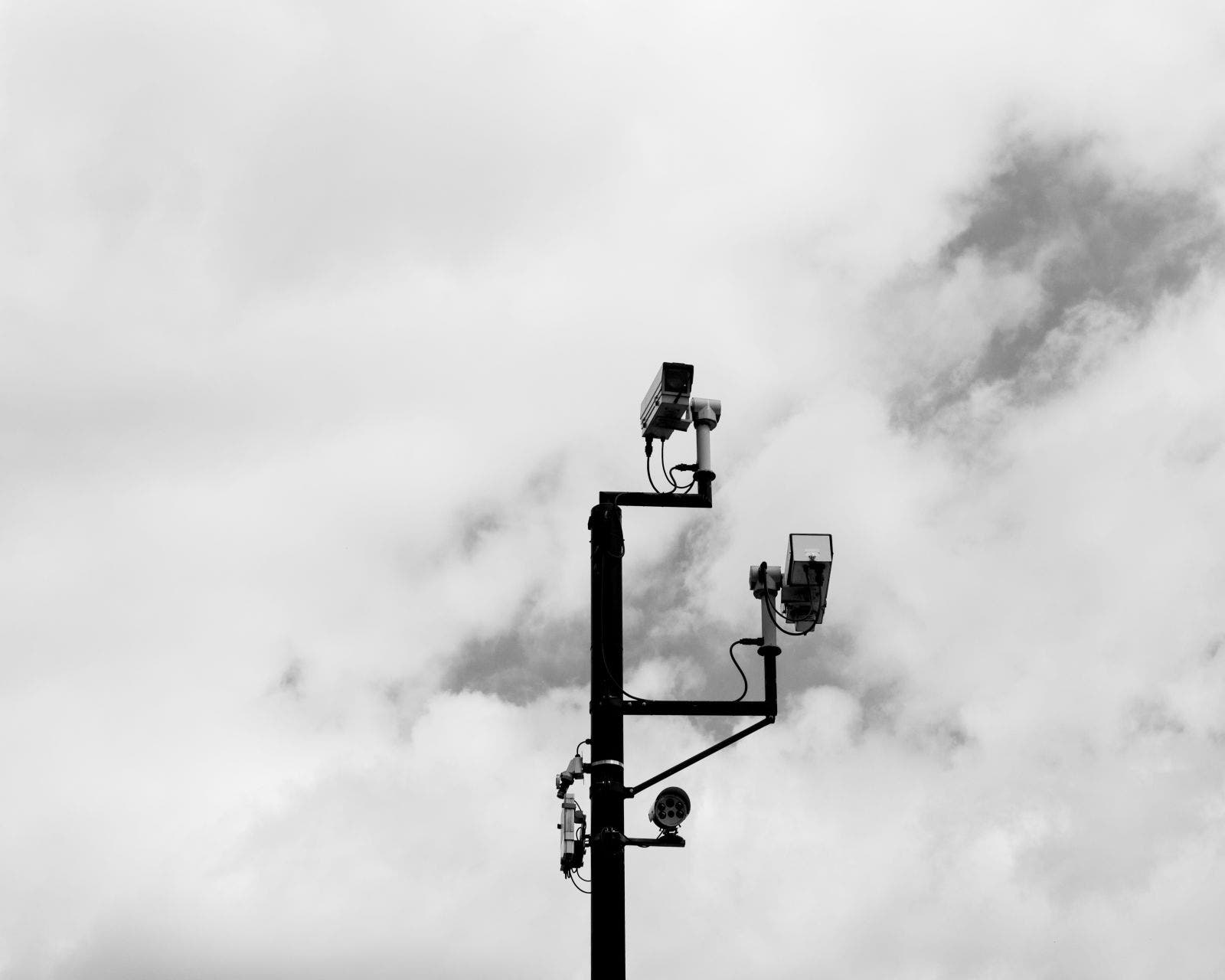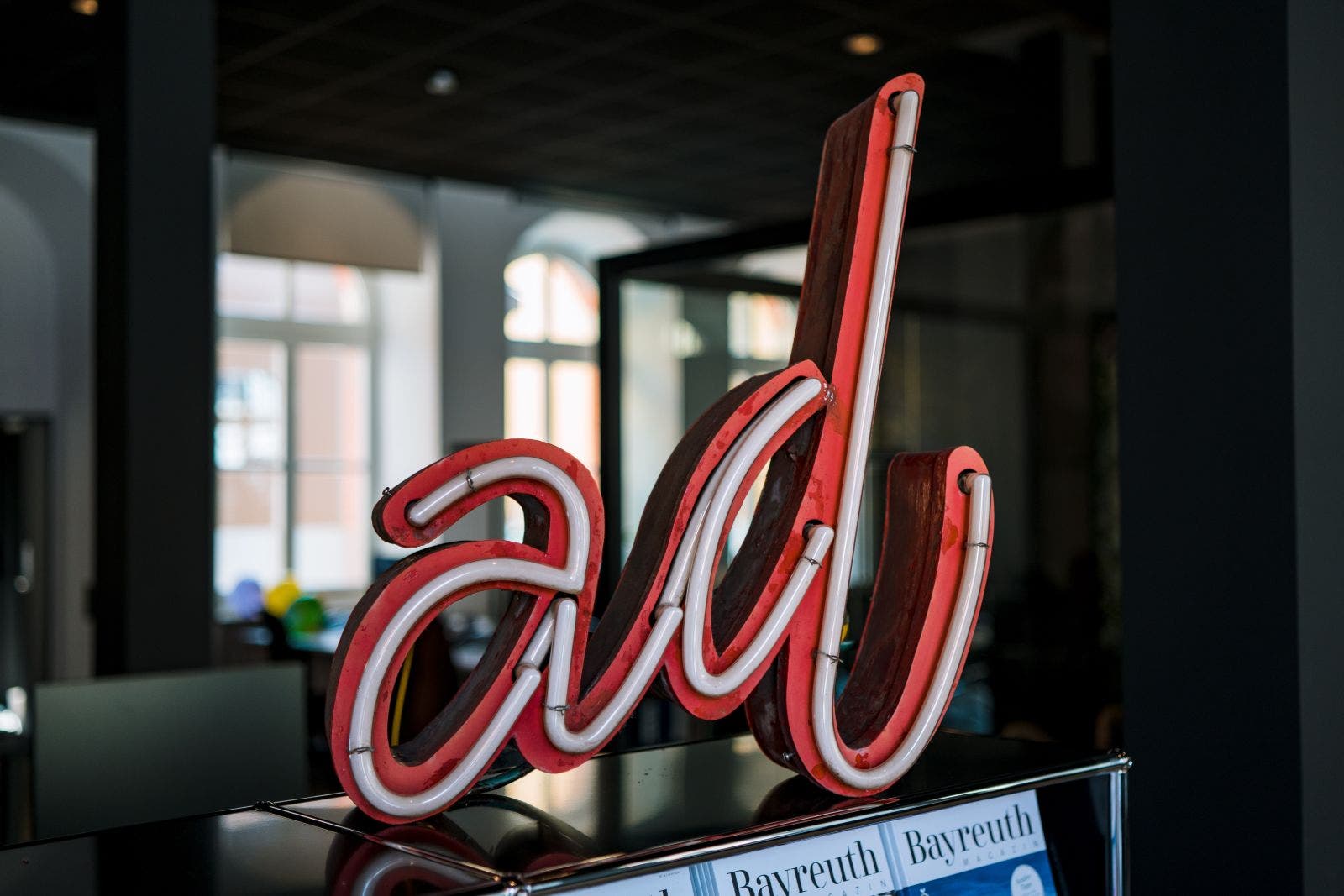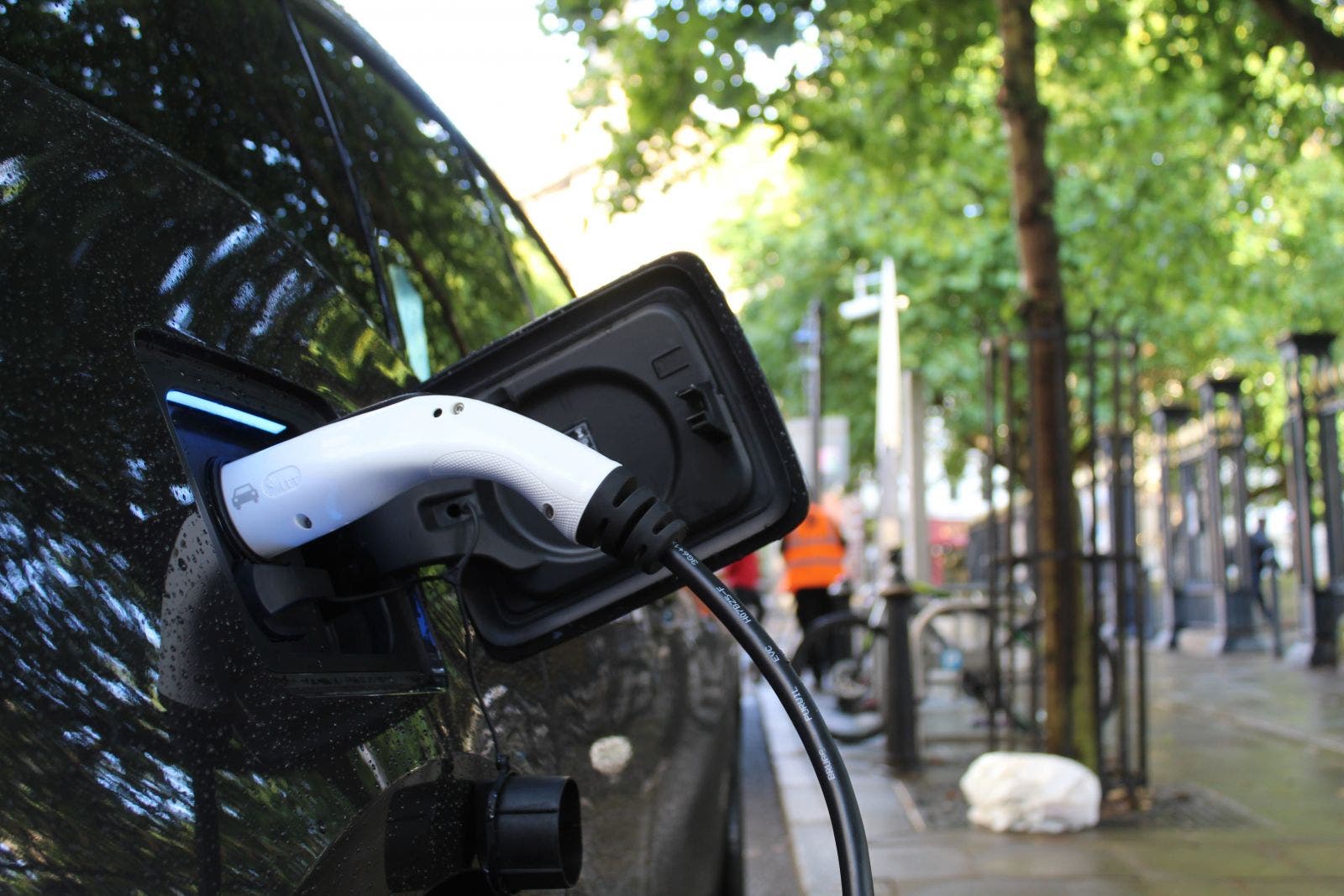um was für ein Modell handelt es sich hierbei, Kenner vor:


Frank benutzt das als Gravatar-Icon, doch weiß er leider nicht, was das für ein Modell ist. Eine Suche im Museum hat nix ergeben. Und es sieht nicht danach aus, als ob das Keyboard F-Tasten hat. Was links ist, kann ich nicht einordnen. Ein Diskettenlaufwerk kann ich auch nicht erkennen. Komisches Teil.
Update:
Joachim hats, wäre ich nie drauf gekommen: Es handelt sich um einen Lear Siegler Terminal ADM3A. Ein Terminal also, ist gar kein Personal Computer! Daher auch kein Diskettenlaufwerk noch F-Tasten.

Foto: Wikipedia
The LSI ADM3A is a very interesing piece of hardware (i think it’s the only terminal which casing was made of bakelite..). It was first built around 1977 by the Lear Siegler, Inc located in Anaheim, California and was used a lot back in the Good Old Days(tm). Actually, it was even made before the ever famous dec vt100. The first version of the editor vi was written by Bill Joy using an ADM3A terminal
Billy Joy? Aber ola…
Originally priced at $1195, a DIY kit later sold for $995. At first only allowing capital letters as ADM-3; the model was quickly supplanted by the more advanced version with both lower case, and uppercase. Further optional Add-ons included a graphics card enabling it to emulate a Tektronix 4014 and an extension port which would allow daisy chaining several ADM-3As on a single RS-232 line. The setup was controlled by 32 DIP switches under the nameplate at the front of the machine, beside the keyboard, including speed from 75 to 19200 bit/s (although all speeds above 9600 were purely theoretical, as it could accommodate such speeds only if the actual incoming characters were coming at a much slower rate to accommodate its buffer, otherwise data would be lost). The advanced configuration options allowed split speed connection, sending at one rate, and receiving at another.
One of the more remarkable „features“ is that it only can display upper case letters.. there is some add-on chipset which enables lower case letters. There are even terminals out there emulating the ADM3A, such as the ADDS 4000/110.





